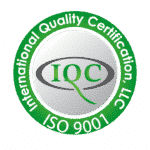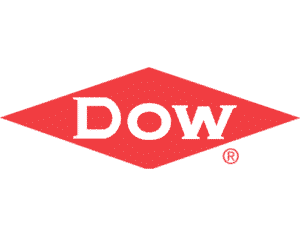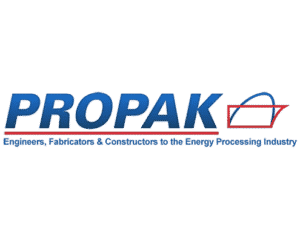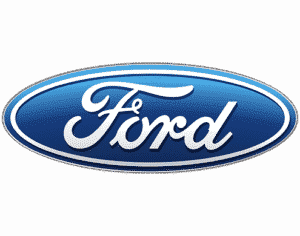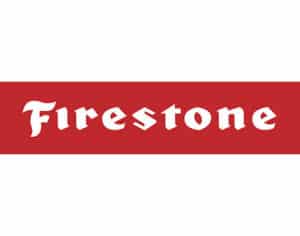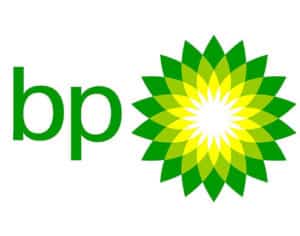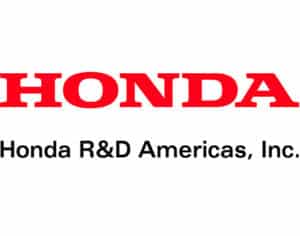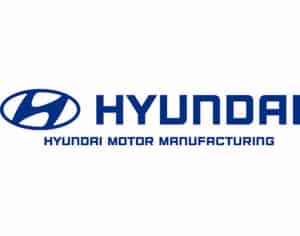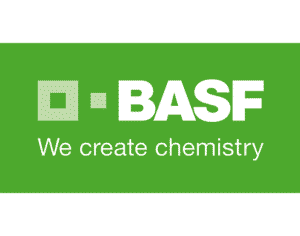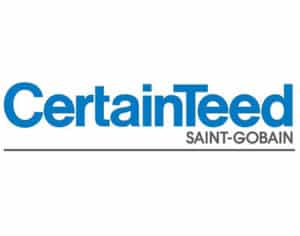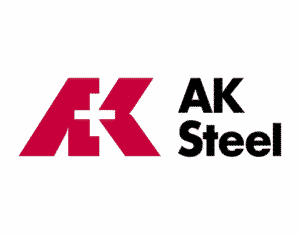Virtually every industrial manufacturing process results in waste products— cause for concern in today’s environment. Thermal oxidation has proven through the years to be an effective and safe method for the disposal of a wide variety of industrial wastes if proper thermal oxidizer design practices are followed.
Thermal oxidizer design can be relatively straight forward or complex depending on the application, waste characteristics, and the air permit emission requirements. Most thermal oxidizer designs incorporate similar design principles to ensure that the desired oxidation reaction occurs and the waste stream contaminants are reduced to the levels necessary to achieve emission compliance.
How do you go about developing a thermal oxidizer design?
An important first step in any successful thermal oxidizer design process is providing the thermal oxidizer supplier with clear and specific process design “inputs” and “outputs.”
Thermal oxidation process defined.
Thermal oxidation is the effective employment of a process that provides thorough mixing of an organic substance with sufficient oxygen, at a high enough temperature, for a sufficient time, to cause the organics to oxidize to the desired degree of completion.
Here are typical thermal oxidizer design inputs and outputs.
Typical Design Inputs:
- Upstream process operating conditions (batch or continuous process)
- Full range of process operating conditions (Max., Min., Norm., Start-up, Upset, Design, etc.)
- Waste stream design parameters (flows, pressures, and temperatures)
- Waste stream composition and variability
- Available utilities, site conditions, and physical equipment constraints
Typical Design Outputs:
- Air emission limits (CO, NOx, VOC, SOx, HCl, PM, etc.)
- Performance requirements (fuel consumption, reliability, noise, etc.)
Begin thermal oxidizer design process.
Once these parameters are defined, the thermal oxidizer design process can begin. A basic thermal oxidizer system consists of a refractory lined vessel known as the thermal oxidizer, a burner, stack, and combustion controls.
Design inputs – Process application upstream of the thermal oxidizer and the corresponding waste stream or streams that need treated by the thermal oxidizer.
Design outputs – Typically the performance requirements and air emission limits the thermal oxidizer must be achieve.
“The Three T’s” of Combustion.
These are required in order to achieve successful thermal oxidation:
- Turbulence – Thorough mixing
- Temperature – Oxidizing temperature (typically 1200°F – 1650°F)
- Time – Combustion chamber residence time (typically 0.5 seconds – 2.0 seconds)
The Three T’s of Combustion, along with sufficient oxygen, are essential and interrelated in all thermal oxidizer designs. The level of turbulence (mixing), the necessary reaction temperature, and the amount of time (residence time) is primarily dependent on the waste stream characteristics and the level of destruction required for achieving the specific air permit compliance.
PCC custom designs all of our thermal oxidizer systems. Our extensive industrial application experience coupled with our experience in handling a wide spectrum of waste streams, give us the expertise to determine how best to incorporate the Three T’s of Combustion into each thermal oxidizer design.
Determine essential design features.
As we mentioned, a basic thermal oxidizer system includes a refractory system, burner, exhaust stack, and combustion controls. More complex thermal oxidizer systems include heat recovery such as gas to gas heat exchangers and waste heat boilers, plus additional downstream pollution control equipment such as scrubbers, particulate filters, and wet ESP’s. Each of these components have a variety of important design features (too extensive to discuss here), which must be considered to ensure the complete thermal oxidizer “system” is safe, reliable, and meets all performance objectives.
Other important factors to consider when evaluating a thermal oxidizer supplier:
- Experience level with the specific application
- Industry reputation
- Process design capabilities
- In-house expertise
- Project execution and delivery reputation
- Services (installation, start-up, training, routine maintenance, etc.)
- Financial strength
Learn more.
Discover why PCC is the right choice for your next thermal oxidizer system. Contact us directly at (412) 655-0955, or complete our Thermal Oxidizer Inquiry form and return to us for pricing and information.
What our customers are saying...
"PCC... The best-kept secret in the industry."
— Rohm & Haas
"PCC works like a well-oiled machine."
— Louisiana Pigments Company
"We would not be where we are today without the engineering knowledge and efforts, quality of construction, professionalism, and cooperation of your first-class organization."
— Montauk Energy Capital
"PCC's commitment to safety and quality allow completion ahead of schedule, under budget, and safely."
—
"PCC's desire to deliver a quality product was apparent throughout all phases of our project, and PCC's overall gas combustion experience resulted in a robust and reliable operating unit."
—
"We are very pleased that it was commissioned five weeks earlier than the contract completion date."
—
"PCC was absolutely on time with delivery of our thermal oxidizer... I was quite impressed. All the units we bought from PCC run flawlessly, even after 10 years. We can't calculate a MTBF, because there have been no failures."
—


